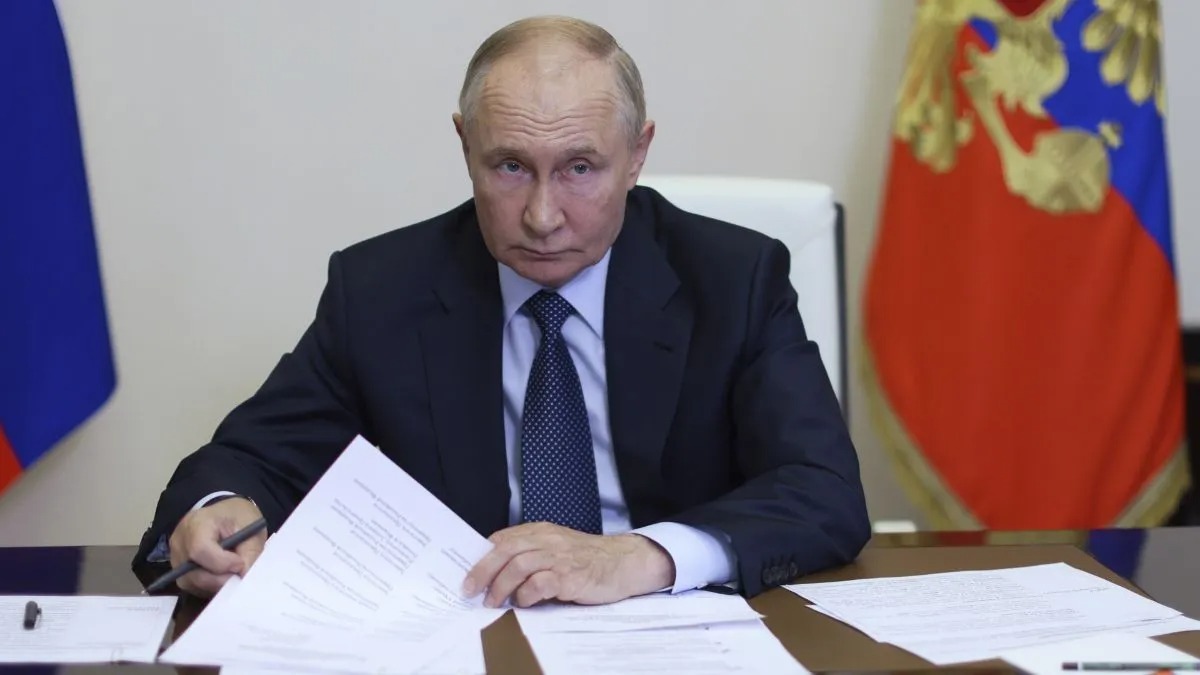
Moscow : Russian President Putin is going to visit Mongolia despite the arrest warrant of the International Criminal Court (ICC). Mongolia is the first country which is a member of the ICC. In such a situation, there is a possibility of Putin's arrest. Despite this, the Kremlin (the official residence of the President of Russia) has said that it has no concerns regarding President Vladimir Putin's upcoming visit to Mongolia. Mongolia is a part of the International Criminal Court (ICC) and this court had issued an arrest warrant against Putin last year.
Let us tell you that Putin is scheduled to visit Mongolia on September 3. This will be Putin's first visit to an ICC member country after the arrest warrant was issued by the ICC in March 2023. The ICC had issued an arrest warrant against Putin for suspected war crimes in Ukraine. According to the 'Rome Treaty', the treaty establishing this court, if the person against whom an arrest warrant has been issued sets foot in any ICC member country, then it becomes the responsibility of that country to arrest him. However, the court does not have an enforcement mechanism to implement its orders.
In 2015, a similar warrant was issued against the then-president of Sudan
In a high-profile case, Sudan's then-President Omar al-Bashir was not arrested when he visited South Africa in 2015. South Africa is a member of the ICC. The move was strongly criticized by human rights activists and the country's main opposition party. Putin's spokesman Dmitry Peskov said at his daily press conference on Friday that the Kremlin had "no concerns" about the upcoming visit: "We have had wonderful talks with our friends in Mongolia."
Peskov has previously firmly stated that Russia does not recognize the jurisdiction of the ICC. According to a statement released by the Kremlin on Thursday, Putin will travel to Mongolia at the invitation of (Mongolian) President Ukhnaa Khurelsukh "to take part in ceremonial events marking the 85th anniversary of the joint victory of the Soviet and Mongolian armed forces over the Japanese militarists."
--Advertisement--

 Share
Share


_184517931_124x80.jpg)
